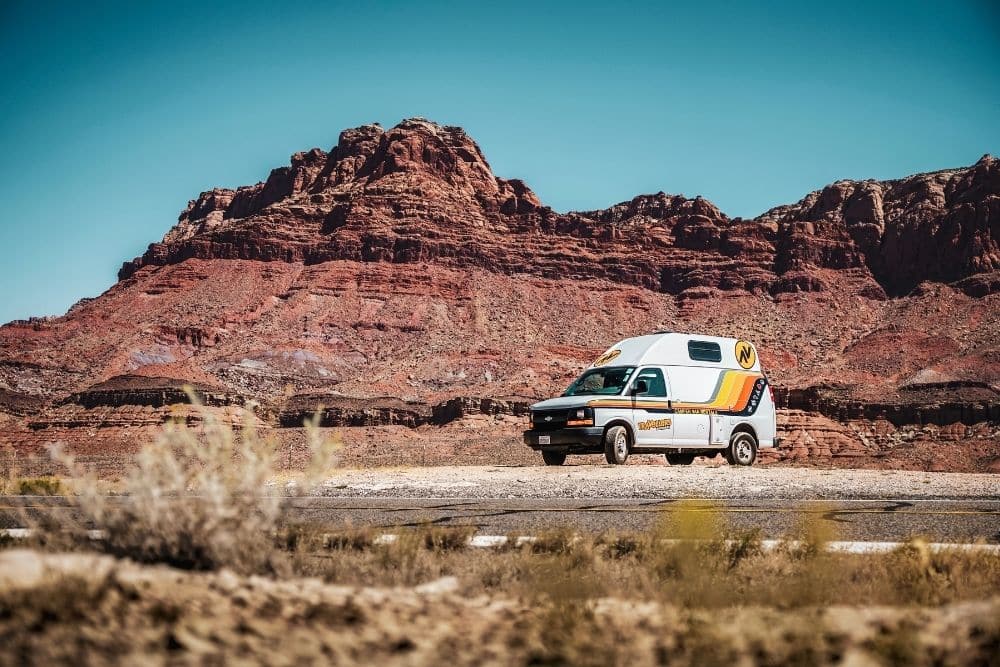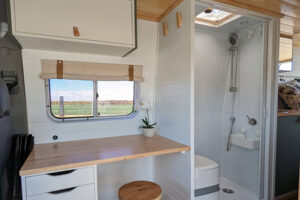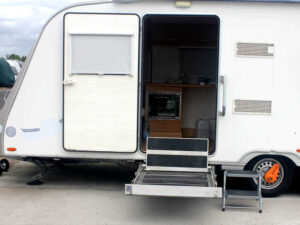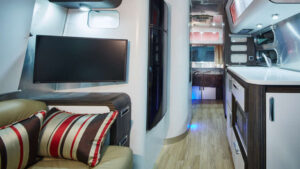Types of Caravans Suitable for European Touring
Different types of caravans cater to various needs and preferences of travelers. For European touring, it’s essential to consider the size, amenities, and ease of maneuverability of the caravan. Traditional caravans, also known as travel trailers, are towed behind a vehicle and come in various sizes. They are versatile and can be unhitched, allowing the towing vehicle to be used separately. On the other hand, motorhomes are self-propelled and offer an all-in-one solution, combining both the vehicle and living quarters. They are ideal for those who prefer not to tow a separate unit.
Pop-up caravans or camper trailers are another option, offering a compact solution that expands when stationary. These are lightweight and easier to tow, making them suitable for those with smaller towing vehicles. Lastly, fifth-wheel caravans are larger and provide more living space. They are hitched to the bed of a pickup truck, offering stability but requiring a specific vehicle for towing. When choosing a caravan type for European touring, consider the length of your trip, the number of travelers, and your comfort preferences.
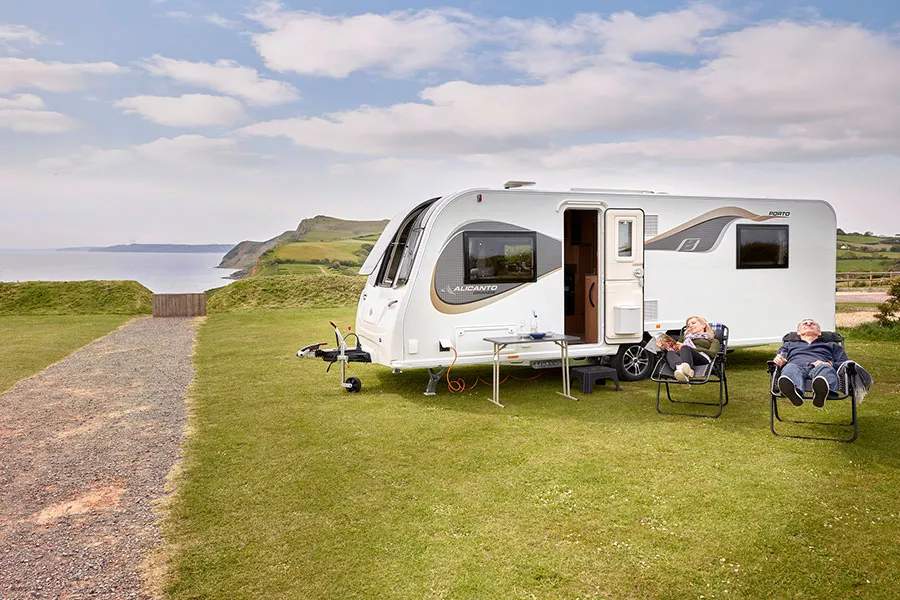
Road and Traffic Rules in Different European Countries
Driving across Europe requires an understanding of the diverse road and traffic rules that vary from one country to another. For instance, while most European countries drive on the right side of the road, the UK and Ireland drive on the left. Speed limits also differ, with countries like Germany having specific sections of the autobahn with no speed limit, while others have strict regulations in place. Roundabouts are common in Europe, and the yielding rules can vary. In some countries, vehicles already in the roundabout have the right of way, while in others, it’s the entering vehicles.
Apart from these, there are country-specific regulations to be aware of. For example, in France, drivers are required to carry a breathalyzer kit, while in many countries, a vignette or toll sticker is needed to use highways. It’s also essential to be aware of parking rules, as many European cities have restricted zones, and improper parking can result in hefty fines. Before embarking on a caravan tour, it’s advisable to research and familiarize oneself with the driving rules of each destination.
Budgeting for a European Caravan Tour
Budgeting for a European caravan tour involves considering various expenses to ensure a smooth and enjoyable trip. The primary costs include fuel, campsite fees, food, and activities. Fuel prices can vary significantly between countries, with some nations having higher taxes on petrol or diesel. It’s essential to plan the route efficiently and consider fuel consumption, especially when traveling through countries with higher fuel prices. Campsite fees are another significant expense. While some campsites offer basic amenities at a lower cost, others with more facilities, like electricity hook-ups, Wi-Fi, and laundry services, might charge more.
Food expenses can also vary based on whether you plan to cook in the caravan or dine out. Buying groceries and cooking can be cost-effective, but trying local cuisines is also a part of the travel experience. Additionally, budget for activities, entrance fees to attractions, and unexpected expenses like repairs or tolls. It’s always a good idea to have a contingency fund for unforeseen costs. Keeping a daily expense tracker can also help in managing the budget effectively.
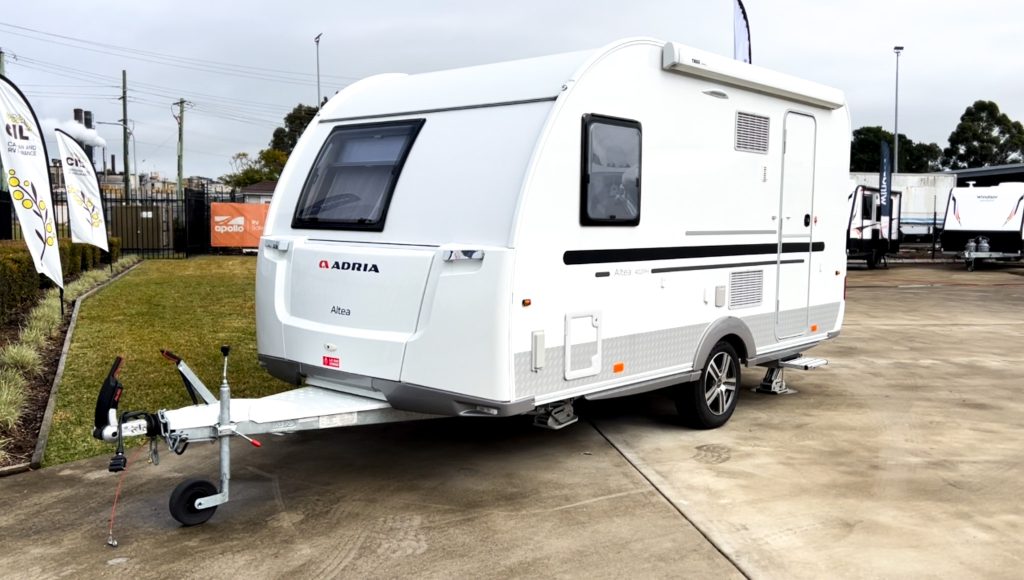
Cultural Etiquette and Tips
Europe is a mosaic of cultures, each with its unique traditions, customs, and etiquettes. When touring with a caravan, it’s crucial to be respectful and aware of these cultural nuances. For instance, in some Mediterranean countries, afternoon siestas are common, and it’s considered impolite to make noise or disturb the peace during these hours. In many European nations, greeting people with a handshake or a kiss on the cheek is customary. However, the number of kisses and the side to start can vary. It’s also essential to dress appropriately, especially when visiting religious sites. In many churches and cathedrals, covering the shoulders and wearing modest clothing is expected.
When dining out, be aware of tipping practices. In some countries, tipping is customary, while in others, it’s included in the bill as a service charge. Also, remember that in many European cafes, it’s cheaper to have your coffee at the bar rather than sitting at a table. Being patient and trying to communicate in the local language, even if it’s just a few words, can go a long way in building rapport with the locals. Always research and be open to learning about the cultural etiquettes of the places you visit.
Challenges and Solutions While Caravanning in Europe
Caravanning across Europe offers an unparalleled sense of freedom and adventure, but it also comes with its set of challenges. Narrow roads, especially in historic towns and villages, can be tricky to navigate with a caravan. Some roads might have weight and height restrictions, making it essential to plan the route in advance. Language barriers can also pose challenges, especially in regions where English is not widely spoken. Additionally, finding suitable parking or campsites in peak tourist seasons can be a hurdle, requiring advance bookings or flexibility in plans.
To overcome these challenges, thorough research and preparation are key. Investing in a good GPS system designed for caravans can help navigate road restrictions. Learning basic phrases in the local language or using translation apps can aid in communication. Joining caravan clubs or online forums can provide insights and tips from fellow travelers. Additionally, always have a backup plan. If a chosen campsite is full, having a list of nearby alternatives can save time and reduce stress. Embracing challenges as a part of the journey and being adaptable can enhance the caravanning experience.
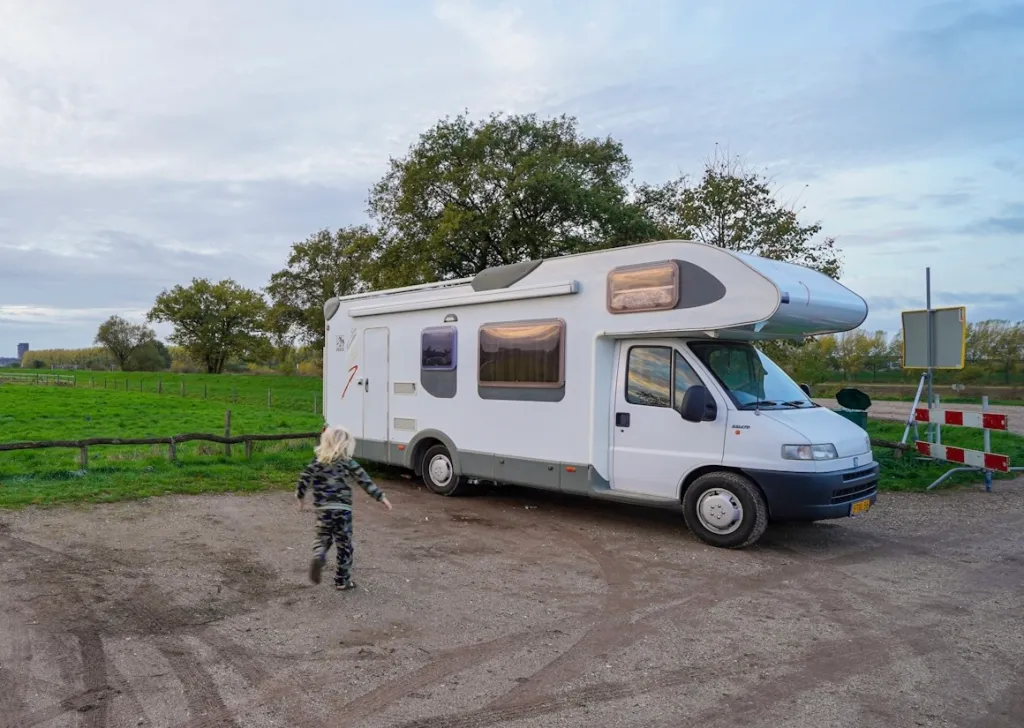
Conclusion
Touring Europe with a caravan is more than just a journey; it’s an experience that offers unparalleled freedom, adventure, and the opportunity to immerse oneself in the rich tapestry of cultures, landscapes, and histories that this diverse continent has to offer. From the intricacies of selecting the right caravan and understanding the varied road rules of different countries, to the joys of discovering hidden gems and connecting with locals, caravanning provides a unique perspective on travel. It’s a mode that allows for spontaneity, yet also demands preparation, from ensuring the vehicle’s maintenance to being vigilant about safety and security.
Personal stories and experiences shared by fellow caravaners paint a vivid picture of the highs and lows, the challenges and rewards, and the unforgettable memories that such a journey can bestow. As with any adventure, the key lies in thorough research, careful planning, and an open heart ready to embrace the unexpected. Whether you’re a seasoned caravanner or a curious newbie, Europe awaits with its myriad of experiences, ready to be explored on your terms, at your pace. So, hitch up your caravan and set forth; the open roads of Europe beckon!
